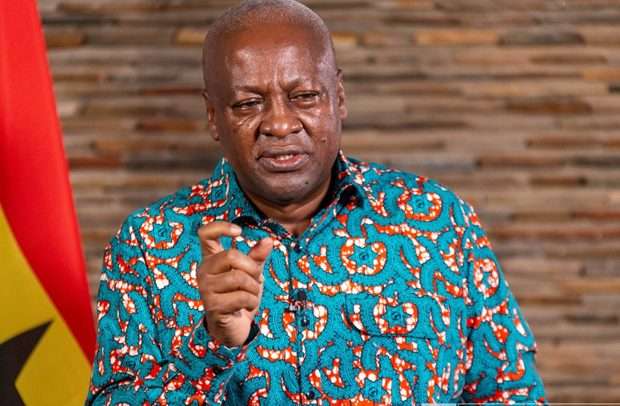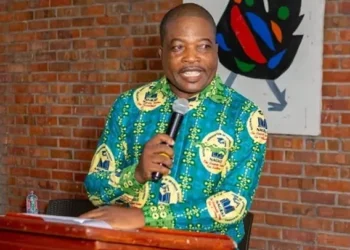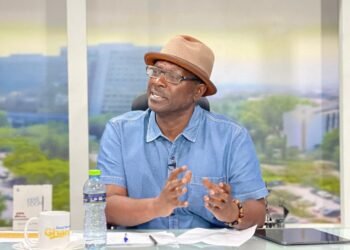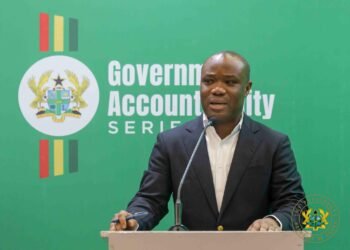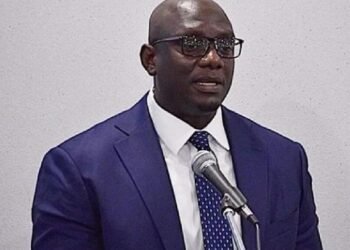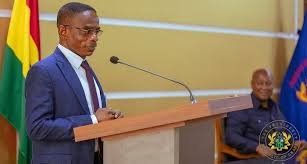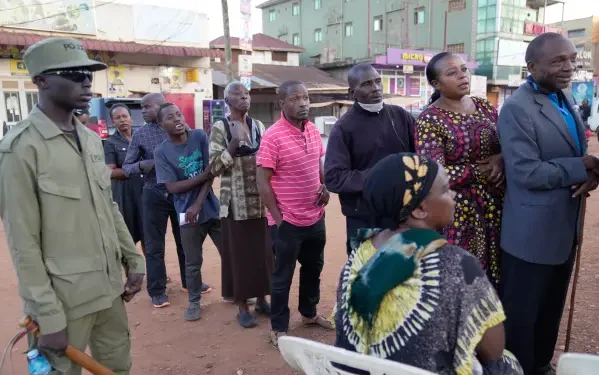The National Communications Authority (NCA) has become the center of controversy as Minority Leader Alexander Afenyo-Markin has sharply criticized President John Dramani Mahama, accusing him of dangerous presidential overreach that threatens Ghana’s regulatory independence.
The dispute stems from a recent directive by the Presidency ordering the NCA to suspend its enforcement actions against non-compliant radio stations.
In a strongly worded official statement, Afenyo-Markin argued that the President’s decision undermines the autonomy of independent regulatory institutions, setting a troubling precedent that could destabilize Ghana’s constitutional democracy.
He emphasized that this issue goes far beyond mere policy disagreements over media operations.
“This is not merely a disagreement over media policy. It constitutes a fundamental breach of the separation of powers that the 1992 Constitution carefully establishes to prevent executive overreach and safeguard institutional autonomy.”
Alexander Afenyo-Markin
According to the Minority Leader, the NCA acted squarely within its legal mandate when it enforced sanctions against 64 radio stations for violating the Electronic Communications Act.
He explained that these regulatory decisions were not arbitrary or politically motivated but rather a lawful response to clear violations.
The affected stations, he said, had operated without valid authorizations—some for extended periods—prompting the NCA to apply existing regulations.
Within mere hours of the NCA’s enforcement actions, President Mahama issued a directive countermanding the authority’s lawful decision, effectively suspending the sanctions and calling for the restoration of the stations’ broadcasts.
However, Afenyo-Markin sees this as an alarming development where regulatory independence is sacrificed for political expediency. “In effect, the President has declared that regulatory law is optional when it conflicts with his political preferences.”
Accordingly, Afenyo-Markin referred to Section 2(1) of the Electronic Communications Act, which prohibits operating an electronic communications network or providing such services without authorization from the Authority.
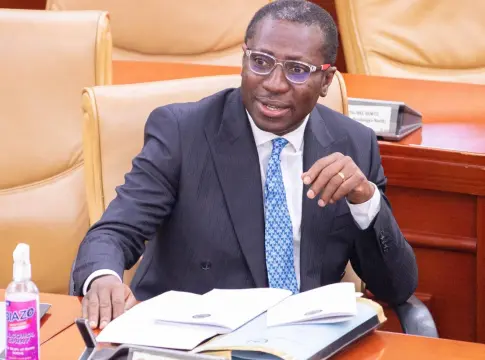
He also pointed to Regulation 56(1), which requires renewal applications to be filed no later than three months before the authorization expires.
Additionally, Section 73(3) grants the NCA the power to issue cease-and-desist orders, suspend or terminate licenses, and take any other action it deems necessary.
He emphasized that these legal provisions are binding statutes, not discretionary guidelines. Nowhere in the Act or the 1992 Constitution, he argued, is the President granted authority to override lawful enforcement decisions made by independent regulatory bodies.
Parliament intentionally vested these powers in the NCA to shield technical and regulatory decisions from political interference.
By replacing the regulatory body’s legal judgment with his “own political judgment ”, Afenyo-Markin contended, President Mahama has crossed a dangerous constitutional line.
The Minority Leader warned that allowing such executive interference to stand unchecked could open the door to political meddling across various sectors.
NCA Executive Overreach Risks Spilling Into Other Institutions
Drawing broader implications, Hon. Afenyo-Markin raised concerns about the slippery slope that could emerge.
According to him, if the President can override the NCA, similar interference could extend to the Bank of Ghana’s monetary policies, the Electoral Commission’s voter roll decisions, or the Environmental Protection Agency’s enforcement actions.

He cautioned that this is precisely how regulatory independence is gradually dismantled—under the pretense of policy flexibility.
“While the President claims to be acting in defense of media freedom, his actions undermine the very legal framework that sustains that freedom. True media freedom requires predictable regulatory processes, equal treatment under the law, insulation from political interference, and fidelity to statutory procedure.”
Alexander Afenyo-Markin
Accordingly, he lamented that the President’s actions had weakened all four foundational pillars.
The Minority Leader further accused the Mahama administration of selective adherence to the rule of law, applying legal principles only when it serves its political interests while discarding them in inconvenient situations.
“This same Presidency has often invoked the rule of law and the independence of institutions when it suited its interests. Yet, in this instance, it has disregarded both entirely.”
Alexander Afenyo-Markin
In response to the President’s directive, Afenyo-Markin outlined specific actions he believes are urgently needed.
He called for an official condemnation of the President’s order, describing it as an unconstitutional intrusion into regulatory independence.
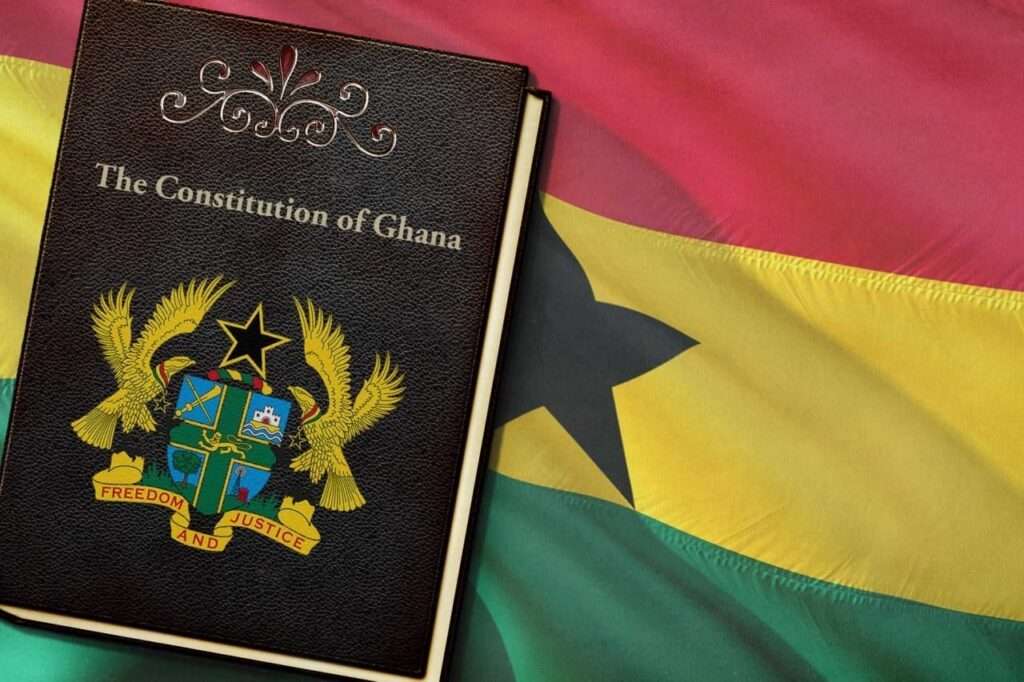
He also demanded an immediate reversal of the executive instruction, requiring the affected media houses to comply with existing legal procedures.
Additionally, Afenyo-Markin urged Parliament to establish firm constitutional boundaries defining the extent of executive authority over independent regulatory bodies.
He also recommended a full investigation into the process that led to what he described as “this egregious legal and constitutional breach.”
“Defending regulatory independence transcends partisan interest. It is not about supporting or opposing any government but rather protecting the constitutional framework that preserves Ghana’s democracy. Allowing any President to override the legal mandate of a statutory body based on political preference substitutes the rule of law with the rule of men.”
Alexander Afenyo-Markin
Afenyo-Markin delivered one final and decisive challenge to the nation, emphasizing the gravity of the moment.
He stressed that Ghana now faces a critical choice — to uphold and defend its Constitution, preserving the integrity and independence of its democratic institutions, or to remain passive while unchecked executive power gradually dismantles the very framework that safeguards the country’s constitutional democracy.
READ ALSO: Ukraine Says Russia’s Military Casualties Top 1 Million

